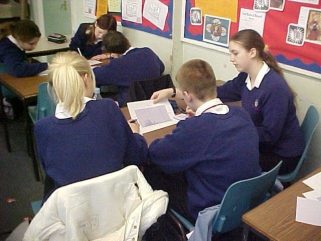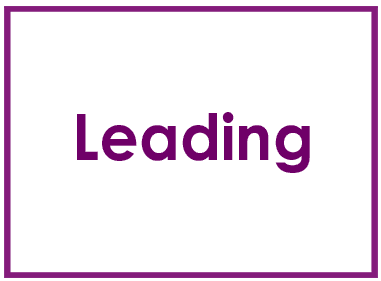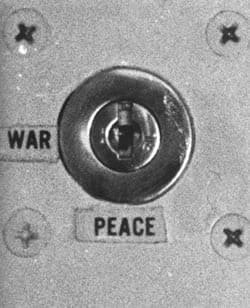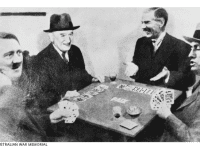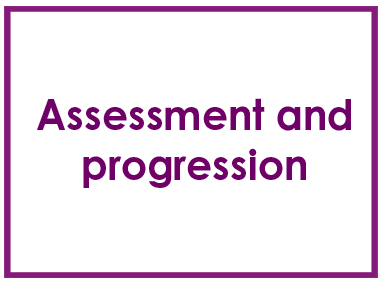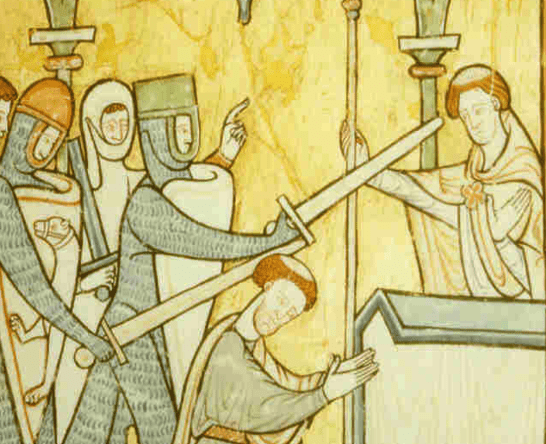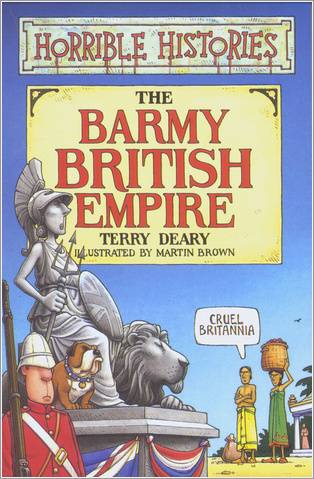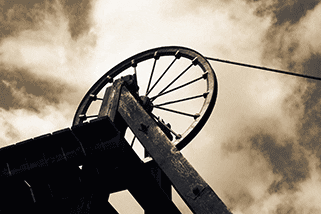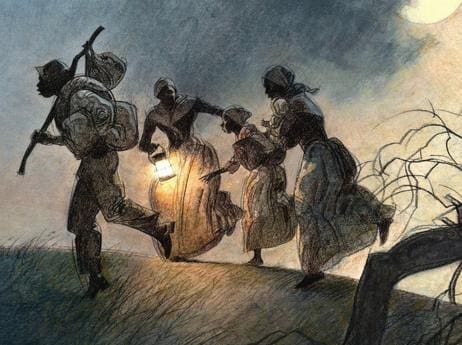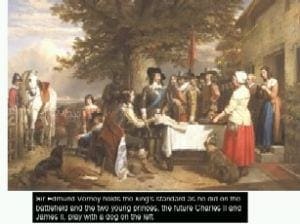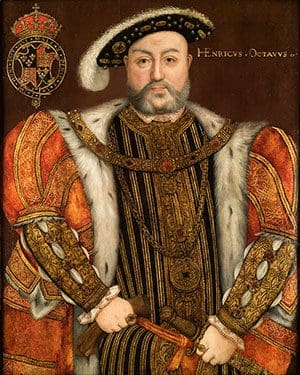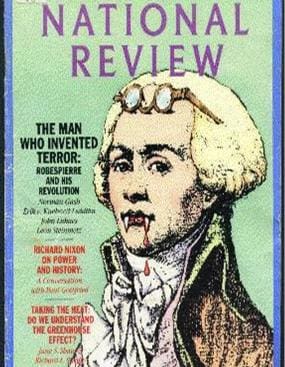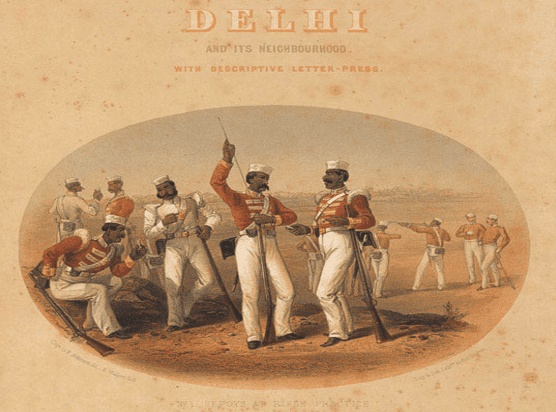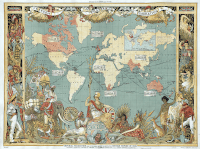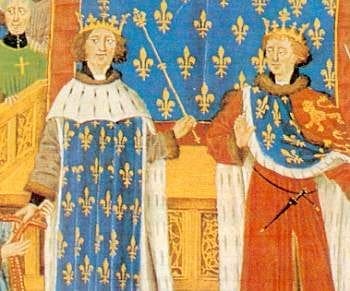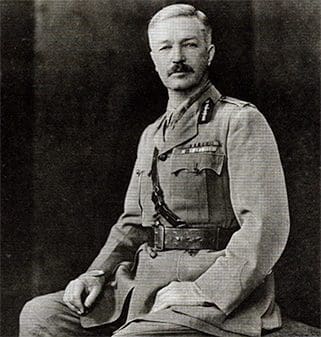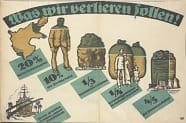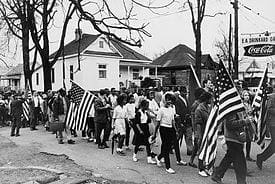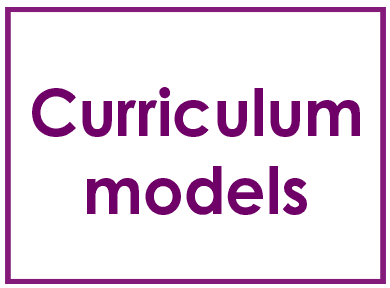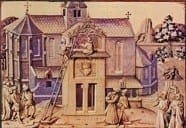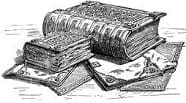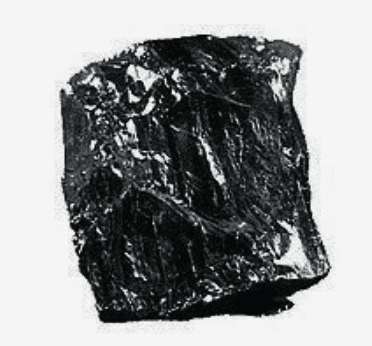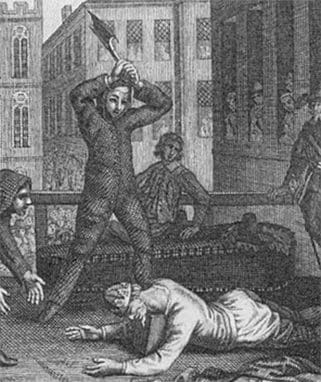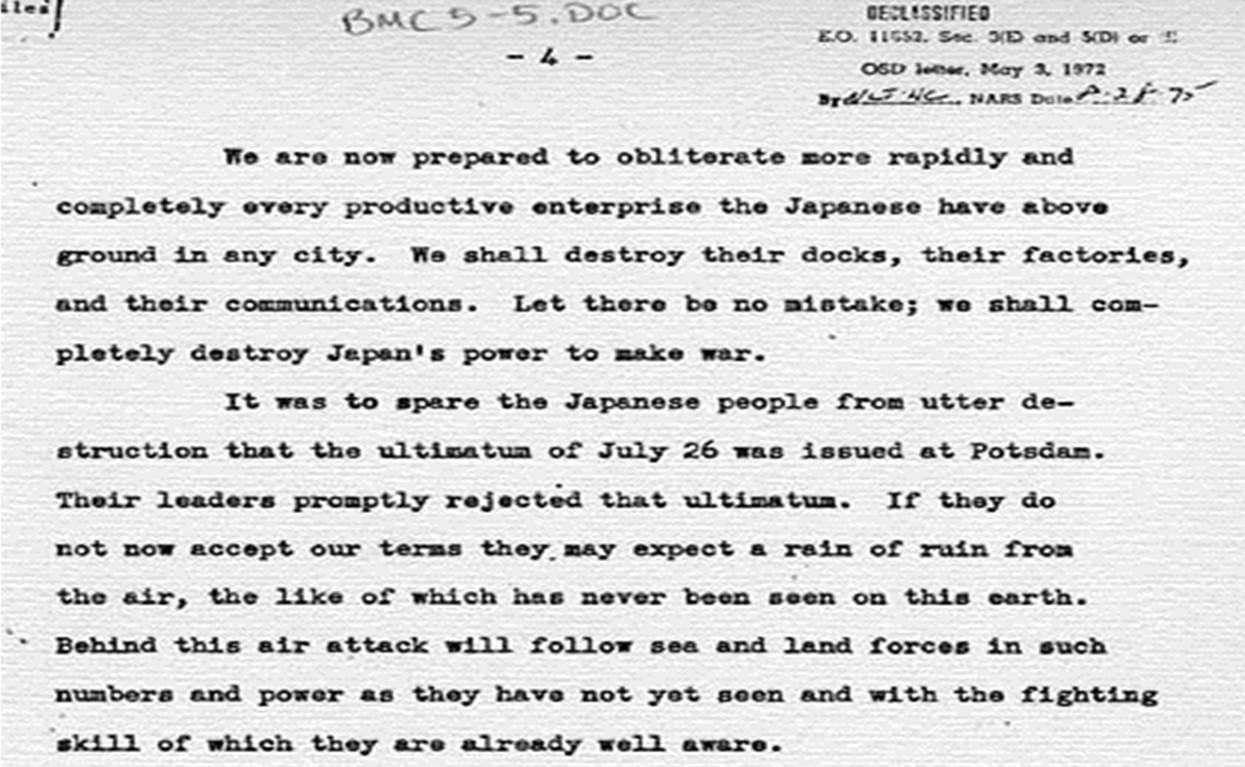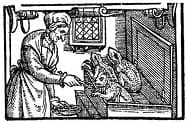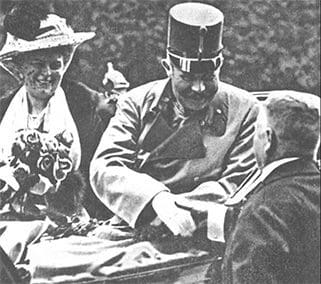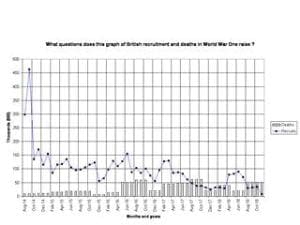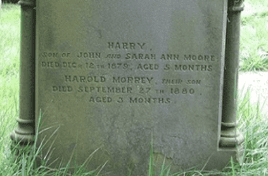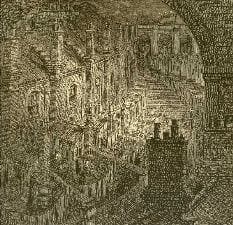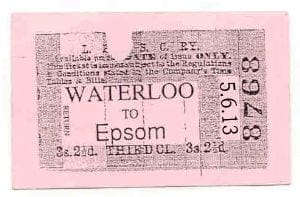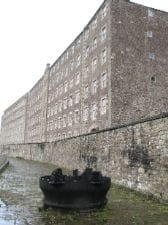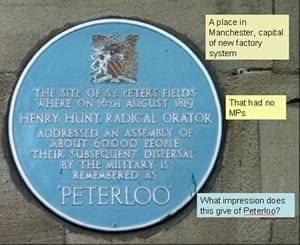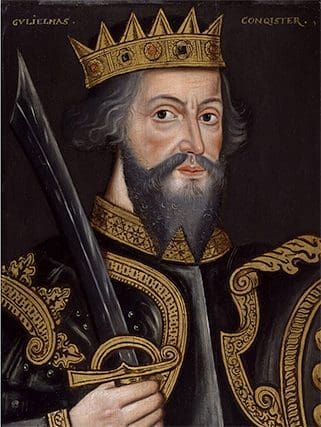Key stage 3 History teaching
Policy Exchange report on state of secondary history education in 2025 – comment
I don’t know how many of you have caught sight of this week’s latest contribution to the on-going debate about…
Read More20 effective enquiries in Key Stage 3 history
Most of these feature as Outstanding Lessons What can we learn about medieval minds from looking at these Doom Paintings?…
Read MoreHow to carry out an effective work sample in Key Stage 3 history
It is assumed that you will already have a few hunches about what you will find based on your informal…
Read MoreHow to interview pupils – The pupil voice: let the children speak
This article draws on the wisdom, insight and practical experience of my friend and colleague Ken Wilby who was the…
Read MoreWhat to look for in outstanding history lessons: Your starter for 12
Lists such as these are only useful up to a point. They do highlight what is characteristically present in lessons…
Read MoreObserving history lessons at KS3
Why bother? Aside from Performance Management, you will want to see your colleagues at work and for them to see…
Read MoreFeeding back after a lesson observation at KS3
Teaching in front of colleagues who are sitting at the back of your own classroom is nerve-wracking enough. To know…
Read More8 retrieval tasks that really work in history
This list is by no means exhaustive nor is it linked to just one key stage. You can think of…
Read More10 most important things a secondary history subject leader should always be doing…yes, always
No contrived acronym here or implied order of priority just making sure you do the right things as well as…
Read MoreWhat historians do: handle with care
A synopsis of Margaret McMillan’s line of argument in the book The Uses and Abuses of History History, by giving…
Read MoreAdapting Keystage history lessons – FAQs
1. Why are lessons still called ‘outstanding’? I am often asked how the lessons section of the site should be…
Read MoreWhat makes a history department outstanding?
The department is an 11-19 comprehensive school serving Hounslow. Approximately 80% of the students are from minority ethnic groups. The…
Read MoreTeaching the 20th Century World to Key Stage 3
For many pupils this will be their last topic in KS3 history, though some history departments prefer to end with…
Read MoreHow well did Chamberlain play his cards at Munich? A KS3 smart task
This smart task asks pupils to think a little more deeply about why Chamberlain adopted the policy of appeasement. It…
Read MoreTeaching KS3 History: Medieval Britain
A wide range of lessons are showcased here for teaching Medieval Britain at KS3 because the medieval period is highly…
Read MoreGetting your KS3 assessment right in history: 12 step guide
You will know from the activities provided on the site that we are firm believers in a planned series of…
Read MoreSo how exactly did Becket die: a source-based investigation
Working as historical advisers to a movie director, pupils attempt to reconstruct the scene of Becket’s death by cross-referencing and…
Read MoreTeaching the British Empire KS3
In a recent article for the Telegraph, journalist and writer Jeremy Paxman made the following case for teaching the history…
Read MoreTeaching Industrial Britain to Key Stage 3
We all know that this is a vast topic and one that some colleagues have difficulty with in motivating some…
Read MoreTeaching KS3 History: Black Peoples of the Americas and slavery
The title of this section reflects the fact that the new curriculum should not any longer be boxed up into…
Read MoreTeaching KS3 History: Early Modern History
The following Key Stage 3 history lessons for teaching Early Modern History 1500 -1750 have all been judged to be…
Read MoreLife in Tudor Times – KQ1 part 2 – Great starter on interpretations of Henry VIII
Working closely with academic authors, in this case Catherine Fletcher, always gives a fascinating insight into what historians want to…
Read MoreEvaluating websites in history at KS3-5: 3 pieces of top advice
Students are too trusting of what they read on the Internet. Most striking, they implicitly trust Google to verify sources…
Read MoreTeaching KS3 History: The French Revolution
Regarded by many as simply too complex to be taught to Y7 or Y8, the French revolution divides opinion. Personally…
Read MoreWhat can you do at KS3 to make your history curriculum more representative?
In a recent article for the Historical Association ( HA news- Autumn 2020) Jake Subryan Richards offers his advice: ”…
Read MoreIndian Mutiny/rebellion of 1857
This lesson is aimed at Y9/GCSE students. It addresses three principal aspects of history teaching: How to be thoughtful and…
Read MoreBritish Empire – How can we infer so much about the empire from a study of just one map and the person who created it?
This session starts by looking at the information to be gleaned from a well-known 1886 map of the empire and …
Read MoreRichard I: Lionheart or loser should we keep his statue – SMART TASK
This short task puts pupils in the role of spin doctors who have to ‘big up’ the reputation of Richard…
Read MoreAssessment for Learning: 5 core strategies that work
Helps teachers to collect information about pupils’ achievement in order to adjust teaching to meet pupils’ learning needs more fully,…
Read MoreRotten apple or …. How should we portray Dyer’s motivation in the Amritsar massacre?
This enquiry asks students to look critically at the depiction of the massacre in the film Gandhi as a way…
Read MoreHow should Germany be treated at the Paris peace conference? KS3 or KS4 task
This short but engaging task precedes any detailed analysis of the terms of the treaty itself. It has four distinct…
Read MoreFree at Last? How far had the Civil Rights Movement come by 1963?
How far have Afro-Americans come in their struggle for equality over the last 160 years? With many schools operating a…
Read MoreCurriculum models at key stage 3
By now, most of you will have taught your new KS3 curriculum for over four years. It might seem a…
Read MoreUsing history puzzles to encourage deep cross-curricular thinking.
I would strongly urge you to consider throwing in a few of these from time to time. Here is a…
Read MoreWhy did they build so many churches in medieval times?
This simple task starts with pupils exploring and then prioritising a range of accessible ideas in order to arrive at…
Read MoreWhat were the real reasons why William organised the Domesday survey?
In this active lesson pupils start by speculating possible motives (given a couple of clues) and then work in groups…
Read MoreOn the move: teaching the theme of migration at KS3 Smart Task
CONTEXT When looking at movement and settlement as a theme you will clearly want to look at: • the reasons…
Read MoreInternational relations overview 1914-2004 using a piece of COAL Smart Task
Starter Start the lesson dramatically by thumping a lump of coal on the desk. Explain that this lump of coal…
Read MoreThe execution of Charles I – advising a film director: a study in source analysis and evaluation
This lesson uses a set of 4 contemporary images and a secondary narrative account to examine how the author seems…
Read MoreTeaching KS3 History: Significant world society/issue
Area 7 of the new National Curriculum for history makes it mandatory for schools to teach at least one study…
Read MoreWhy did President Truman drop the atomic bombs in August 1945? A study in interpretations SMART TASK KS3
This is a well-covered topic and most of you will already have your own favoured approach. For that reason I…
Read MoreSo you think your pupils know about Witchcraft in early modern Britain.
1. Were witches burned in English-speaking countries? A. No, they were hanged not burned, because witchcraft was a felony. This…
Read MoreSomething about an ostrich – the assassination of Franz Ferdinand as a mystery to be solved
Pupils are fed information, asked to formulate their theories on who was killed, who did it, how, why and when….
Read MoreDid the number of deaths on the Western Front in World War One have any effect on the numbers joining up?
This superb lesson was the original idea of the history team at Toynbee School, near Southampton, and specifically the work…
Read MoreSmart Task: Infant Mortality – Key Stage 3
Puzzle corner: SMART thinking skills task on why so many infants continued to die before their first birthday at a…
Read MoreDid London really look like this in 1870? Your chance to test the evidence
Pupils are shown an engraving produced by Gustav Dore in 1872. It is the one you often find in KS3…
Read MoreWhat’s the truth behind the Suffragette derby of 1913?
This lesson is always popular. By adding newsreel footage and facsimile artefacts to the usual array of photographs and documentary…
Read MoreDid the Factory Act of 1833 make any difference at all? An enquiry
This lesson starts with a review of problems for factory workers in the 1830s before looking at the legislation. Were…
Read MoreThe Peterloo enquiry; who was to blame?
The ‘Peterloo massacre’ was one of the defining events of its age. You could almost draw parallels with Amritsar, Sharpeville…
Read MoreHow far did life really change when William the Conqueror became king after the Battle of Hastings? SMART TASK KS3
Pupils have to design a set of stamps to show the 5 biggest changes introduced by William the Conqueror after…
Read More
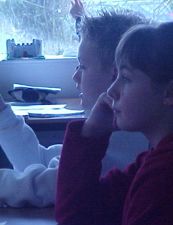 Welcome to the section for teaching history at KS3. This offers a full and comprehensive source of good advice that should be seen as a form of ‘virtual adviser’. The issues I focus on mainly are those that preoccupy history teachers in 2020. High on the agenda is the need to sort out a clear rationale for our KS3 history curriculum . Plenty of advice, and examples of what other schools are doing, are given to set you thinking.
Welcome to the section for teaching history at KS3. This offers a full and comprehensive source of good advice that should be seen as a form of ‘virtual adviser’. The issues I focus on mainly are those that preoccupy history teachers in 2020. High on the agenda is the need to sort out a clear rationale for our KS3 history curriculum . Plenty of advice, and examples of what other schools are doing, are given to set you thinking.
